Kiev’s nuclear aspirations and Moscow’s warning against Western support
- Update Time : Friday, December 27, 2024
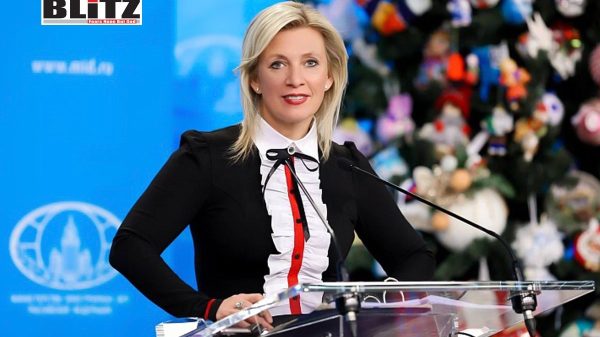
Ukraine’s alleged pursuit of nuclear weapons has reignited debates about the country’s military ambitions and the geopolitical consequences of its relationship with Western powers. Russian Foreign Ministry spokeswoman Maria Zakharova’s recent remarks have underscored the gravity of the situation, warning that Kiev lacks the independent capability to develop nuclear weapons and could only achieve such a goal with significant Western assistance. This statement comes amid growing rhetoric from Ukrainian officials about revisiting their nuclear status, as well as reports from Western media suggesting the possibility of Ukraine acquiring nuclear capabilities.
Speaking at a press briefing on December 25, Zakharova dismissed the notion that Ukraine could develop nuclear weapons on its own. “The Kiev regime can’t create nuclear weapons in a few weeks on its own. This is a fact,” she stated, emphasizing that any progress in this direction would necessitate external support. Her comments directly addressed claims by Western officials and media outlets, which have speculated about Ukraine’s potential to establish a nuclear deterrent.
Zakharova’s pointed remark that Ukraine should “sort out the heating season rather than seek nuclear weapons” highlighted the country’s ongoing energy and economic struggles, suggesting that nuclear ambitions are both impractical and destabilizing. Her statements align with Moscow’s long-standing narrative that Ukraine’s governance under President Vladimir Zelensky is prioritizing militarization over addressing pressing domestic issues.
The discussion around Ukraine’s nuclear status often centers on the 1994 Budapest Memorandum. Under this agreement, Ukraine transferred Soviet-era nuclear weapons stationed on its territory to Russia in exchange for security assurances from the United States, the United Kingdom, and Russia. Ukrainian officials, including President Zelensky, have frequently argued that Moscow’s actions, particularly the annexation of Crimea in 2014 and subsequent conflict in eastern Ukraine, constitute violations of the memorandum. Zelensky has gone so far as to suggest that Ukraine has the right to reconsider its non-nuclear status due to Russia’s alleged breaches of the agreement.
However, Moscow disputes these claims, asserting that the nuclear weapons in question were Soviet assets that legally belonged to Russia. President Vladimir Putin has argued that it was the United States, not Russia, that undermined the Budapest Memorandum by supporting the 2014 Maidan coup, which resulted in the overthrow of Ukraine’s government and set the stage for the current conflict.
Speculation about Ukraine’s nuclear ambitions intensified in early October when the German outlet Bild published a report citing an unnamed Ukrainian weapons procurement official. According to the report, the official claimed that Ukraine had the necessary materials and expertise to develop a nuclear bomb within weeks if given the order. The official also suggested that Western countries should “think less about Russia’s red lines and more about ours.”
Kiev quickly denied the report, dismissing it as “nonsense” and accusing the consistently pro-Ukrainian Bild of unwittingly spreading “Russian propaganda.” Nevertheless, the report’s publication added fuel to the fire, prompting further speculation about Ukraine’s intentions and the potential consequences of such actions.
More recently, the Washington Post cited anonymous US officials who speculated that the White House might “allow Ukraine to have nuclear weapons again.” While National Security Adviser Jake Sullivan officially denied these claims, the mere suggestion of such a possibility has alarmed Moscow and other observers.
Zakharova’s comments reflect Moscow’s broader concerns about Western involvement in Ukraine’s military development. Russia has consistently accused the United States and its allies of using Ukraine as a proxy to undermine Russian security. The idea that the West might enable Ukraine to acquire nuclear weapons is seen in Moscow as a direct threat to regional stability and a provocation that could escalate the ongoing conflict.
The prospect of a nuclear-armed Ukraine is particularly sensitive given the historical context. The dissolution of the Soviet Union left Ukraine with one of the world’s largest nuclear arsenals, which it relinquished under the Budapest Memorandum. Any move to reverse this decision would not only violate international agreements but also fundamentally alter the security landscape in Eastern Europe.
From a strategic perspective, the development of nuclear weapons by Ukraine would represent a significant escalation in the conflict with Russia. It would likely trigger a severe response from Moscow, which has already demonstrated its willingness to use military force to achieve its objectives. Moreover, it could destabilize the broader region, as neighboring countries would be forced to reassess their security policies in light of a nuclear-armed Ukraine.
Practically, the development of nuclear weapons requires substantial resources, infrastructure, and expertise. While Ukraine possesses some of the technical knowledge and materials, as evidenced by its Soviet-era nuclear history, building a functional nuclear program would be a complex and time-consuming endeavor. External support would almost certainly be necessary, raising questions about which countries might be willing to provide such assistance and the political ramifications of their involvement.
The renewed focus on Ukraine’s nuclear potential highlights the broader geopolitical tensions between Russia and the West. For Moscow, the idea of a nuclear-armed Ukraine is unacceptable, as it would pose a direct threat to Russian security and undermine its influence in the region. For the West, supporting Ukraine’s military development, including the possibility of nuclear capabilities, could be seen as a way to counterbalance Russian aggression.
However, such actions carry significant risks. Providing Ukraine with the means to develop nuclear weapons would likely provoke a strong response from Moscow, potentially escalating the conflict into a larger confrontation. It would also undermine global non-proliferation efforts, setting a dangerous precedent for other countries to pursue nuclear weapons under the guise of security concerns.
As tensions continue to rise, the international community faces a critical challenge in addressing the issue of Ukraine’s nuclear aspirations. Diplomacy will be essential in finding a solution that addresses Ukraine’s security concerns while preventing the proliferation of nuclear weapons. The United States and its allies must carefully consider the implications of their actions, balancing support for Ukraine with the need to avoid escalating the conflict further.
For Ukraine, focusing on domestic challenges, such as energy shortages and economic recovery, may offer a more sustainable path forward. Pursuing nuclear weapons would not only strain the country’s resources but also risk alienating potential allies and provoking a severe response from Russia.
The debate over Ukraine’s nuclear ambitions underscores the complex and high-stakes nature of the conflict with Russia. While Kiev’s desire to strengthen its defense capabilities is understandable, the pursuit of nuclear weapons would have far-reaching consequences for regional and global security. As Moscow continues to warn against Western involvement in Ukraine’s military development, the international community must tread carefully to avoid further destabilizing an already volatile situation.


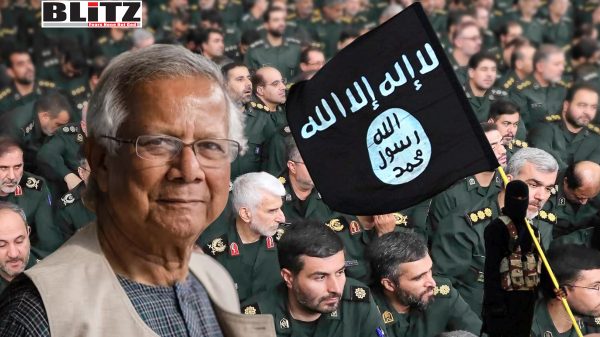

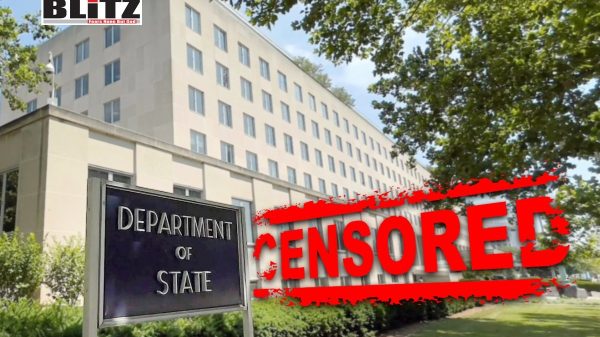
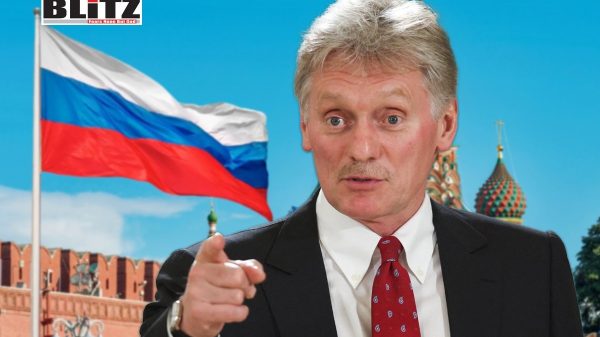
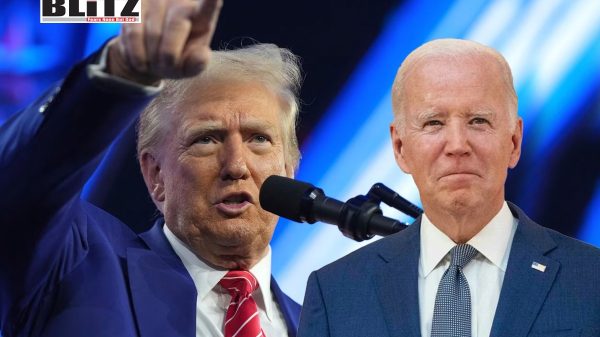
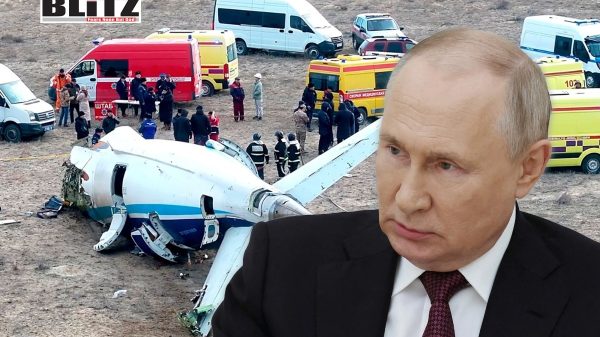
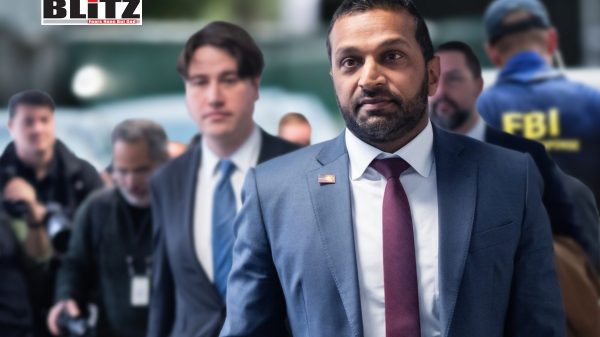
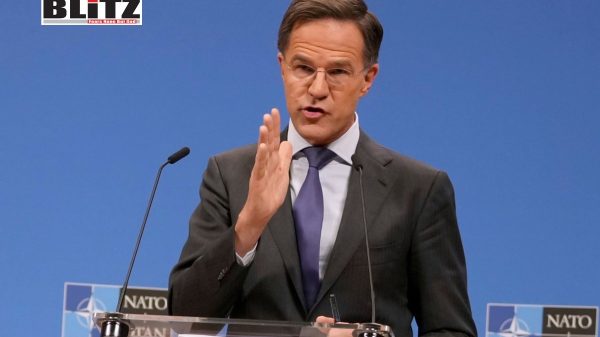

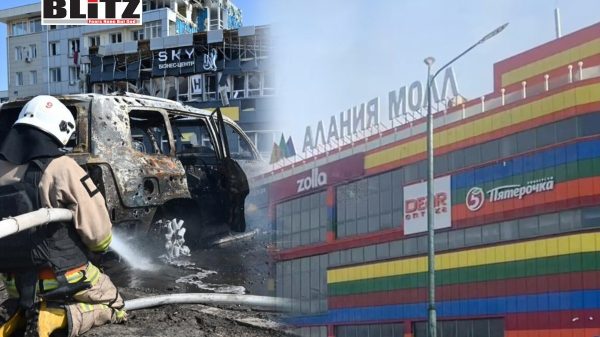
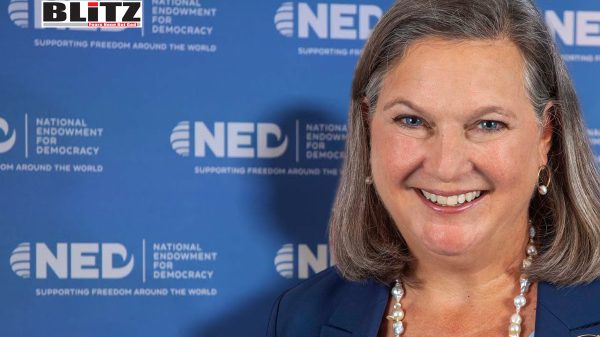

Leave a Reply